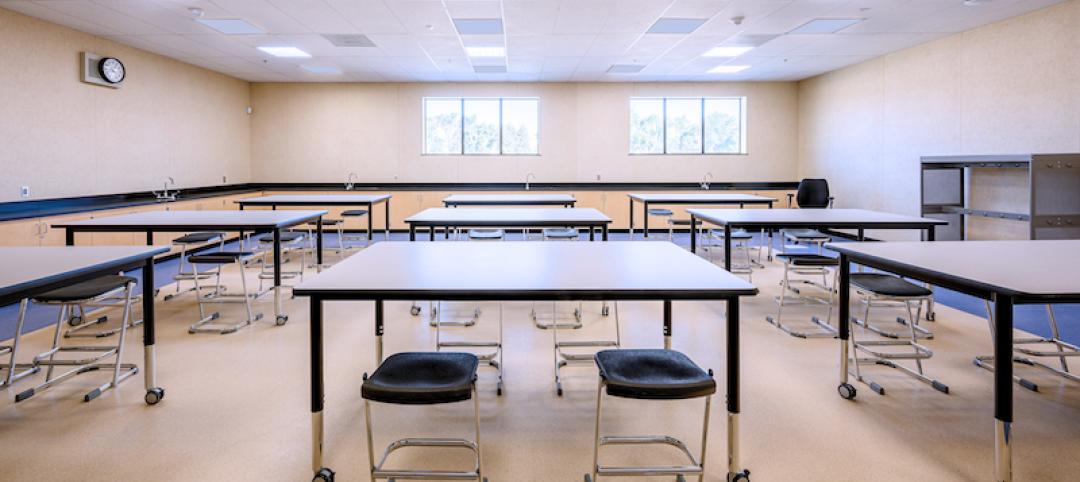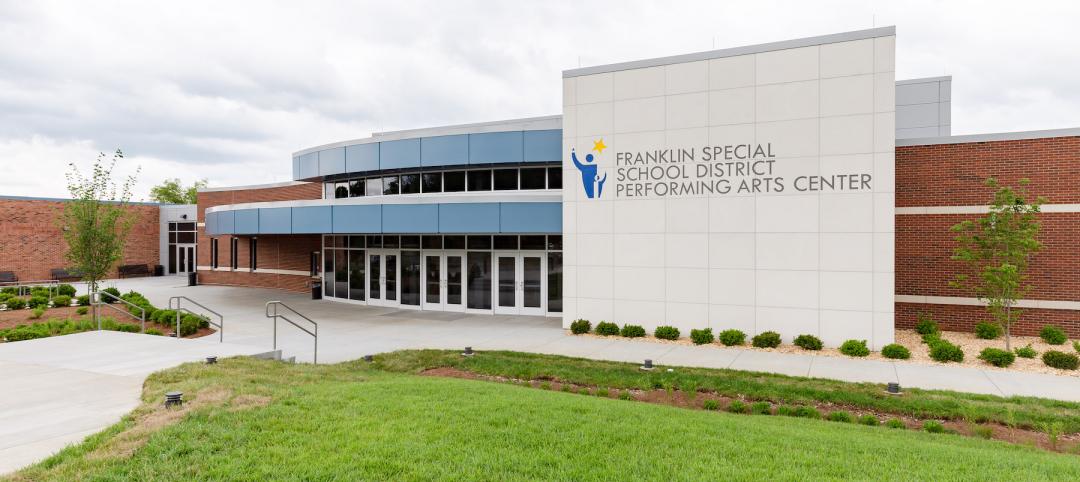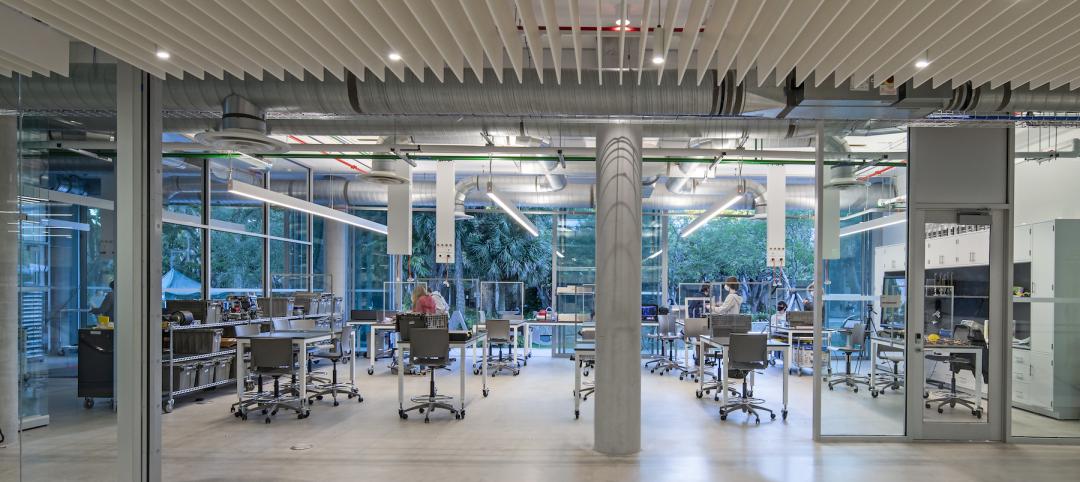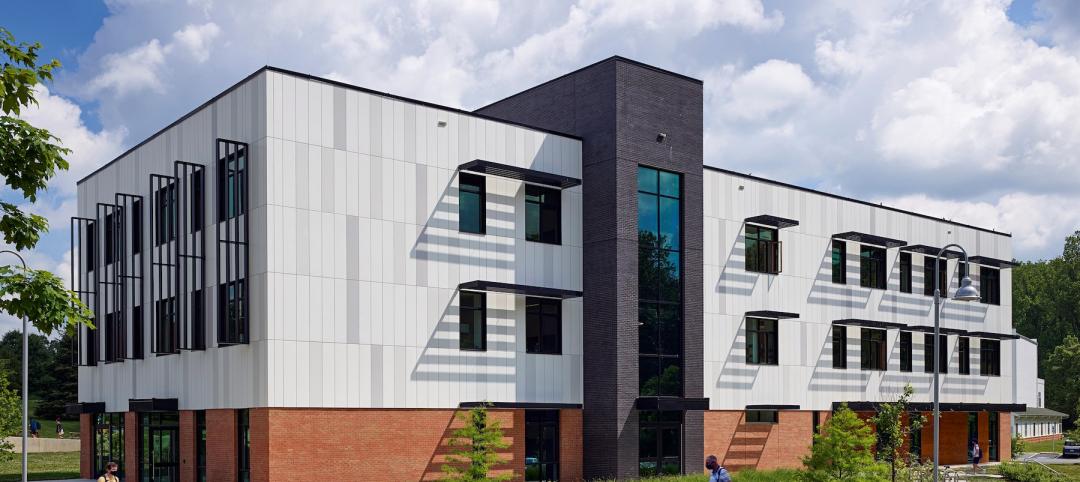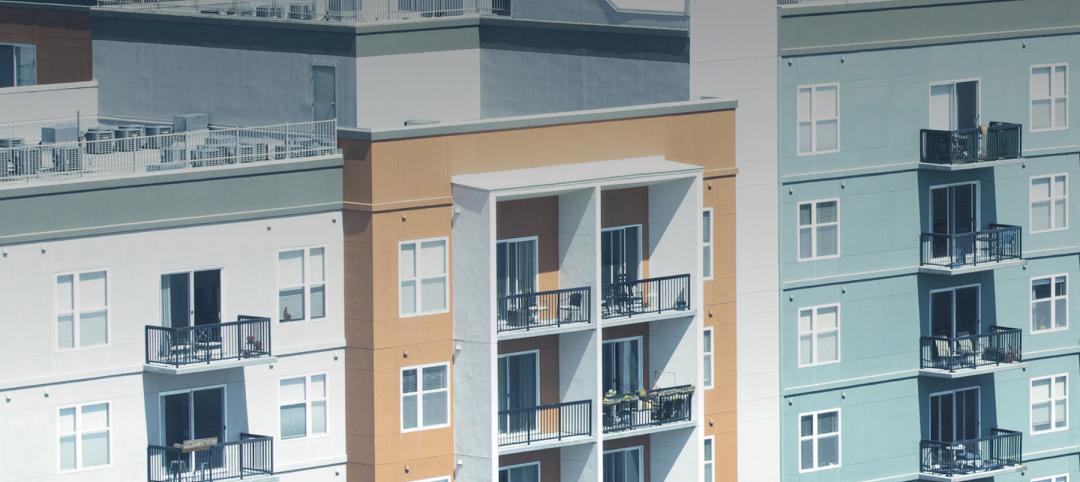When it comes to protecting K-12 schools and students from earthquakes, tornados, or flooding, many school districts continue to resist mandating the inclusion of safe rooms or storm shelters in new and existing buildings. But that may be changing.
An Illinois law that took effect January 1 requires all new schools to have storm shelters. Illinois joined Alabama as the only states that mandate storm shelters or safe houses in new schools.
Oklahoma, ground zero for deadly tornados, has rejected such mandates for budgetary and political reasons. Governor Mary Fallin has backed a proposal to allow local governments to raise their debt limits if they want to use bonds to fund shelters. (Oklahoma City already requires shelters.) An advocacy group called Take Shelter has been trying to get a petition on the statewide ballot to raise $500 million through franchise taxes to put safe rooms in every school in the state.
Money is main reason why safe houses and storm shelters at schools aren’t more widely accepted. A 2013 article published in the Wall Street Journal estimated that it would cost $1 billion to install safe rooms in the 1,100 Oklahoma public schools that didn’t have them at the time.
Protecting buildings from catastrophic events can quickly erode a district’s general revenue funds. Krisztina Tokes and Mark Hovatter of the Los Angeles United School District have estimated that 21% of the $4.3 billion they said was needed annually for school construction would be allocated for earthquake upgrades.
Most AEC professionals would agree that preventive expenditures are a lot cheaper than rebuilding after a natural disaster hits: just ask anyone in the New York metropolitan area who suffered through Hurricane Sandy, which caused an estimated $50 billion in property damage in late 2012. With so much talk about the possible relationship between climate change and more catastrophic weather events, some ISDs are reconsidering the wisdom of waiting and seeing.
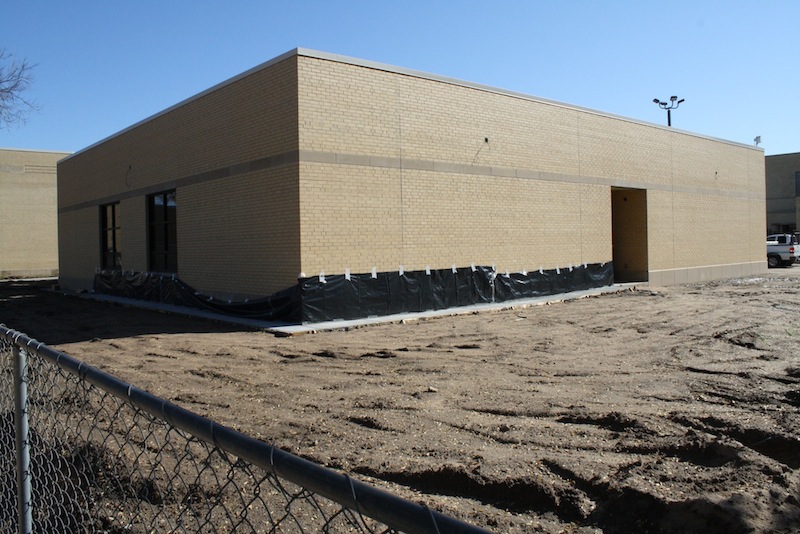 Construction of a safe room at a Wichita, Kan., school. Photo: FEMA
Construction of a safe room at a Wichita, Kan., school. Photo: FEMA
Last November, voters in Carl Junction, Mo., approved a $16.5 million bond issue that will help pay for three storm shelters in the school district.
By the end of its current construction bond financing in 2016, Wichita Public Schools will have safe rooms that can withstand an EF-5 tornado in every attendance center it operates, even though safe rooms aren’t mandatory in Kansas. Julie Hedrick, the district’s Facilities Division Director, says that a safe room can add up to $50/sf to the cost of new construction.
As for existing schools, Hedrick says it’s usually not cost effective to add a safe room as part of a renovation. But she says that, high school wrestling rooms—which usually don’t have windows and pad their walls and floors—have been upgraded to safe rooms relatively inexpensively.
Related Stories
Daylighting | Jul 15, 2022
Tubular system provides daylight for modular school with small windows
Tubular system provides daylight for modular school with small windows.
K-12 Schools | Jun 4, 2022
A school district in Tennessee holds ceremonies for two new student facilities
A new gym and performance art center were designed and built by the same firms.
Codes and Standards | Jun 2, 2022
Guide helps schools find funding for buildings from federal, state government
New Buildings Institute (NBI) recently released a guide to help schools identify funding programs for facilities improvements available from federal and state government programs.
Coronavirus | May 20, 2022
Center for Green Schools says U.S. schools need more support to fight COVID-19
The Center for Green Schools at the U.S. Green Building Council released a new report detailing how school districts around the country have managed air quality within their buildings during the second year of the COVID-19 pandemic.
K-12 Schools | May 16, 2022
Private faculty offices are becoming a thing of the past at all levels of education
Perkins & Will’s recent design projects are using the area to encourage collaboration.
K-12 Schools | May 16, 2022
A Quaker high school in Maryland is the first in the U.S. to get WELL Gold certification
Designed by Stantec, a Quaker high school is the first in the US to receive WELL Gold certification, which recognizes a commitment to occupants’ health and well-being.
Sponsored | BD+C University Course | May 10, 2022
Designing smarter places of learning
This course explains the how structural steel building systems are suited to construction of education facilities.
Sponsored | BD+C University Course | May 3, 2022
For glass openings, how big is too big?
Advances in glazing materials and glass building systems offer a seemingly unlimited horizon for not only glass performance, but also for the size and extent of these light, transparent forms. Both for enclosures and for indoor environments, novel products and assemblies allow for more glass and less opaque structure—often in places that previously limited their use.
Education Facilities | Apr 28, 2022
ProConnect Education (K-12 to University) comes to Scottsdale, AZ, Dec 4-6
ProConnect Education 2022 will attract building product specifiers and manufacturers to the Andaz Resort in Scottsdale, Ariz., in December.
Market Data | Apr 14, 2022
FMI 2022 construction spending forecast: 7% growth despite economic turmoil
Growth will be offset by inflation, supply chain snarls, a shortage of workers, project delays, and economic turmoil caused by international events such as the Russia-Ukraine war.



